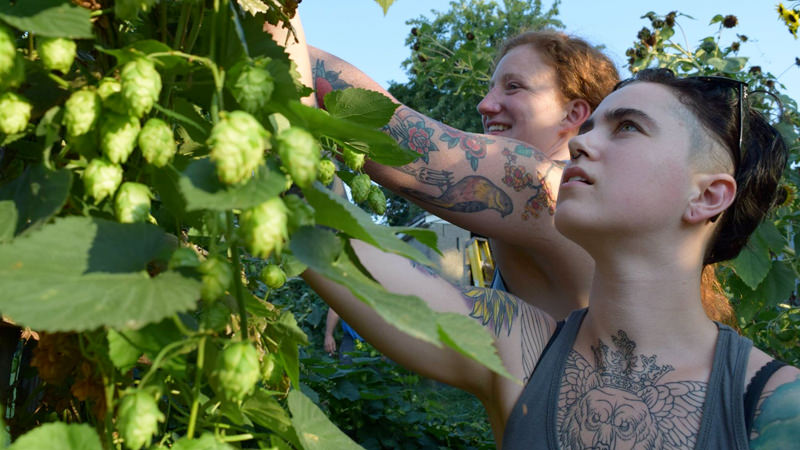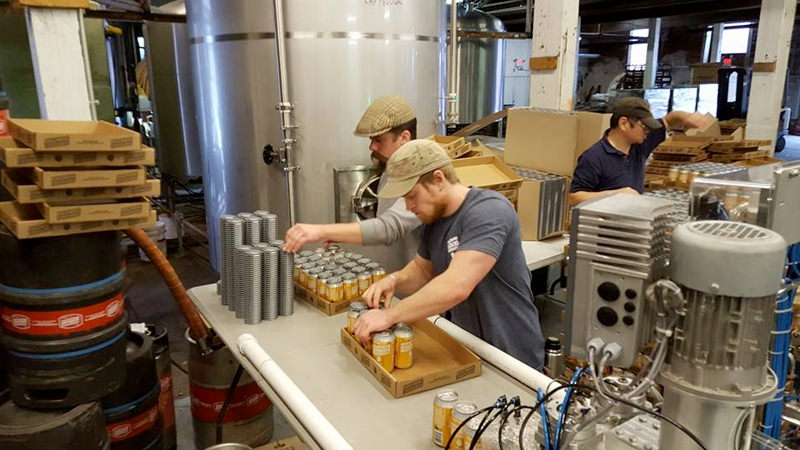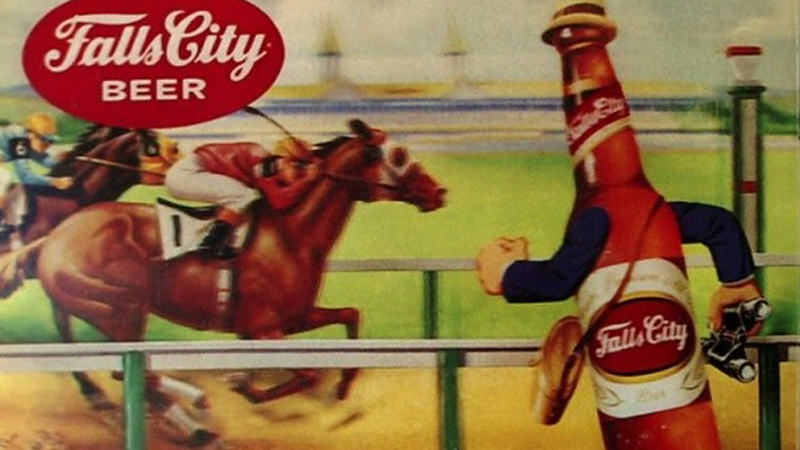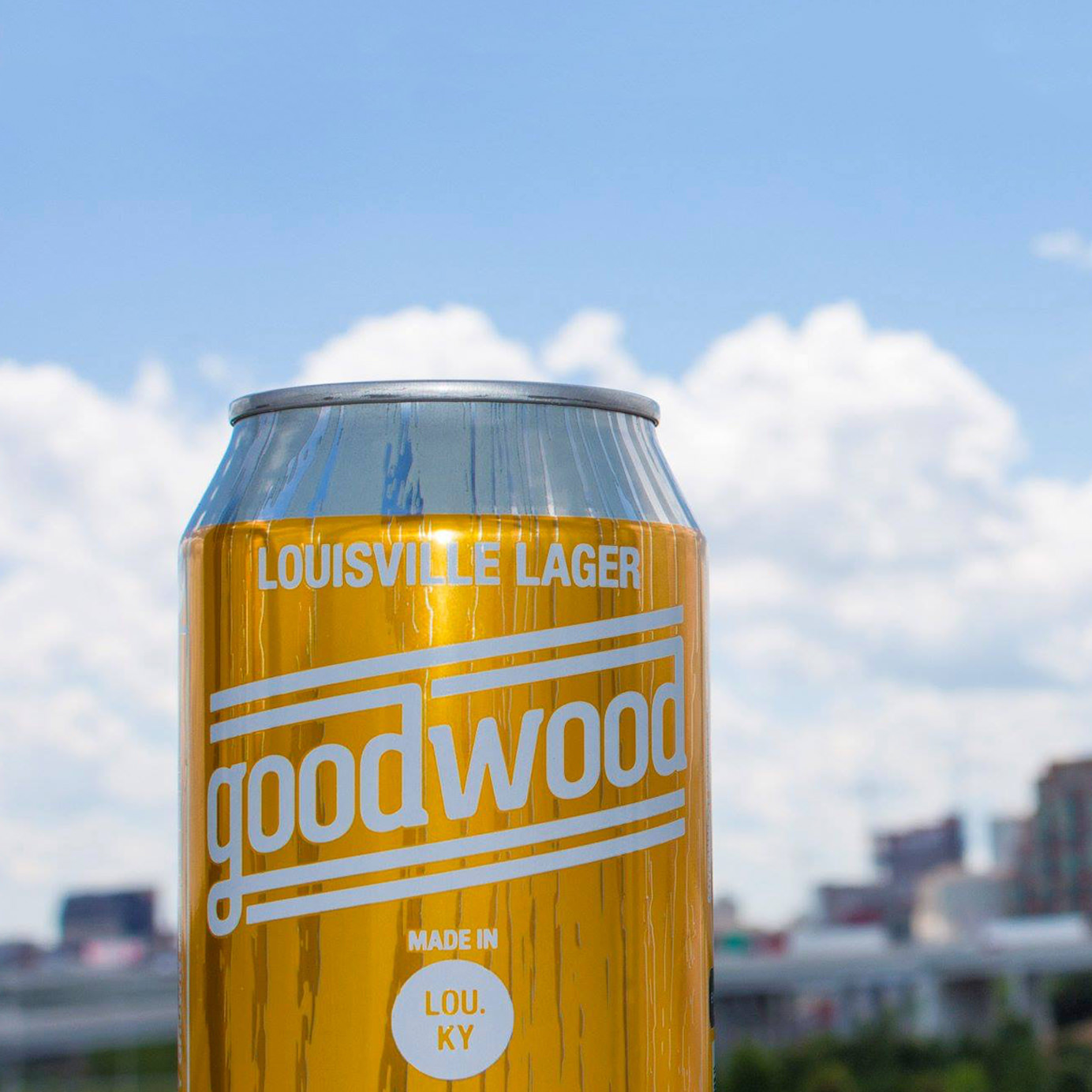Kentucky ranks almost last in the number of breweries and their economic impact per capita. Hindered until last year by restrictive laws and overshadowed by another alcoholic beverage whose popularity boomed this decade (hint: rhymes with schmurbon), craft brewers in the Bluegrass State were generally betting against the house.
However, Kentucky’s craft beer fortune flows more smoothly these days, thanks partially to its largest city, Louisville. Whereas five breweries operated across the commonwealth in 2009, Louisville alone now boasts 15, with one more shooting to open before year’s end.
“In a city where bourbon is a huge economic factor, we’re really starting to see craft beer come into its own,” says Drew Johnson, general manager of Falls City Beer, a brewery launched in 1905 and resurrected in 2010.
Lucky for Louisville, brewers here can capitalize on three factors giving them an advantage over any other locale: Kentucky Common, a burgeoning beer style; Kentucky Bourbon heritage; and the Kentucky Derby.

Kentucky Common
You’ll be forgiven if you haven’t heard of this still-obscure yet official beer style. It was invented and popularized, as the story goes, in Louisville circa the late 1800s, and rebirthed by the city’s craft brewers a few years ago. Much like its brown liquor brother, this corn-and-rye-forward ale tends to showcase either sweeter flavors, as in Falls City’s simply named Kentucky Common (4 percent ABV), or tart ones, which mimic a sour whiskey mash and help define nearby Against the Grain’s 6.5 percent version, Kamen Knuddeln.
“If (local consumers) can take ownership of a style that’s native to our hometown, they feel like they’re drinking a part of the city,” Johnson says. Kentucky Common beer would likely also appeal to tourists looking “to experience the flavor of Kentucky.”

Kentucky Bourbon
Ever since the early 1990s, when Bluegrass Brewing became one of the first in the country to age beer in bourbon barrels, Louisville’s breweries have gratefully fetched their neighboring distilleries’ discarded casks, which can’t be legally reused to produce bourbon. Not only do long-standing relationships and proximity help ensure brands like Makers Mark, Angel’s Envy, and Willett keep them supplied with local, low-cost wood, they can easily pick up the freshest barrels around.
“Brewers need the barrels freshly emptied to make sure they do not dry out and leak and do not pick up any contaminates that would infect beer,” says Joel Halbleib, Goodwood Brewing Company’s COO and brewmaster.
What’s more, Louisville’s brewers partake in joint projects with their spirit-making friends and benefit from the the local bourbon industry’s spend on tourism marketing, as well as distillery tours that now stop at breweries.
“We view each other more as collaborators,” says Derek Selznick, the Kentucky Brewers Guild’s executive director. “The way you consume each of the products is different. One day you’re going to come home and have your one bourbon and some days you’re going to watch football with a couple of beers.”

Kentucky Derby
Both industries benefit from a third player: horses. The Kentucky Derby brings in an estimated $400 million each spring, and brewers and distillers cash in. This May, Goodwood aged its Walnut Brown Ale in Woodford Reserve barrels and watched it become what Halbleib calls a “smash hit” as the derby’s official beer.
These relationships tend to slug it out of the park, says Selznick.
“People are looking for an authentic experience,” he says. “Bourbon gets that and craft beer gets that.”
*
Louisville’s craft beer surge stands in contrast to cities like Roanoke, Virginia, where breweries are revitalizing places without existing or established tourism or beverage industries. That Louisville has horse racing and bourbon may have given nascent brewers or potential investors pause.
Yet neither seems likely to preclude Louisville’s success as a budding brewing capital. Younger drinkers tend to consume across category lines, and everyone drinks on Derby Day. Louisville breweries could just beat the odds, after all.
